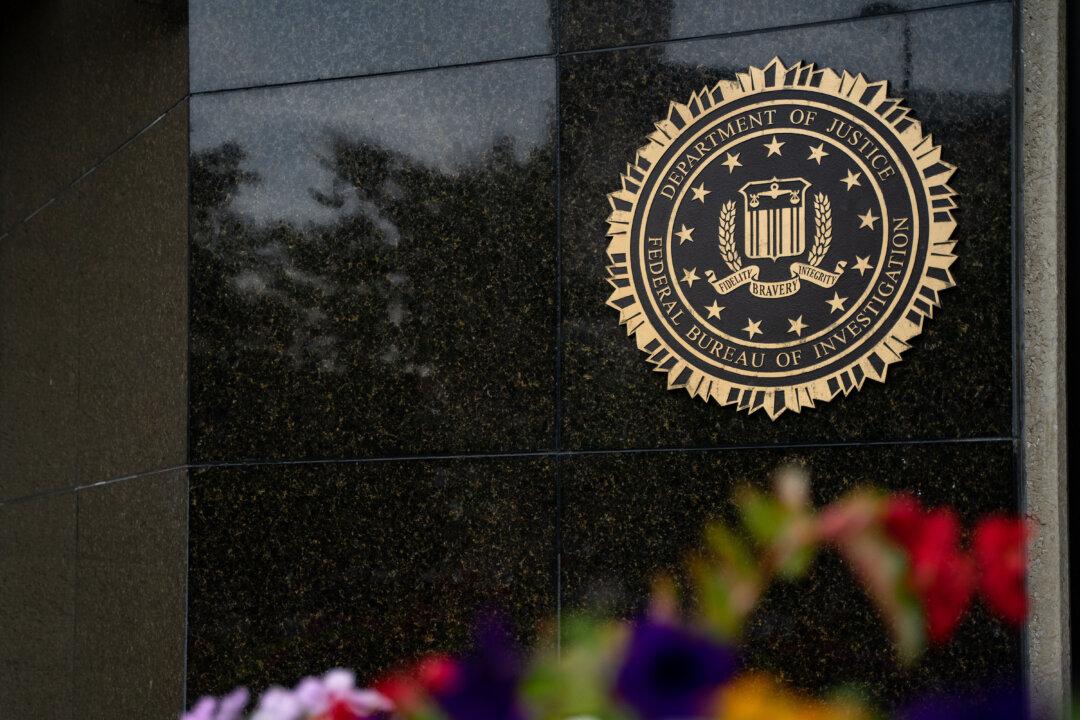Commentary
The media feeding frenzy over sexual harassment allegations against Gov. Andrew Cuomo of New York has transported me 23 years back in time to 1998 and the unprecedented—if very brief and highly precarious alliance between the media and Republicans in Congress—to blacken the reputation of President Bill Clinton over his affair with Monica Lewinsky.





